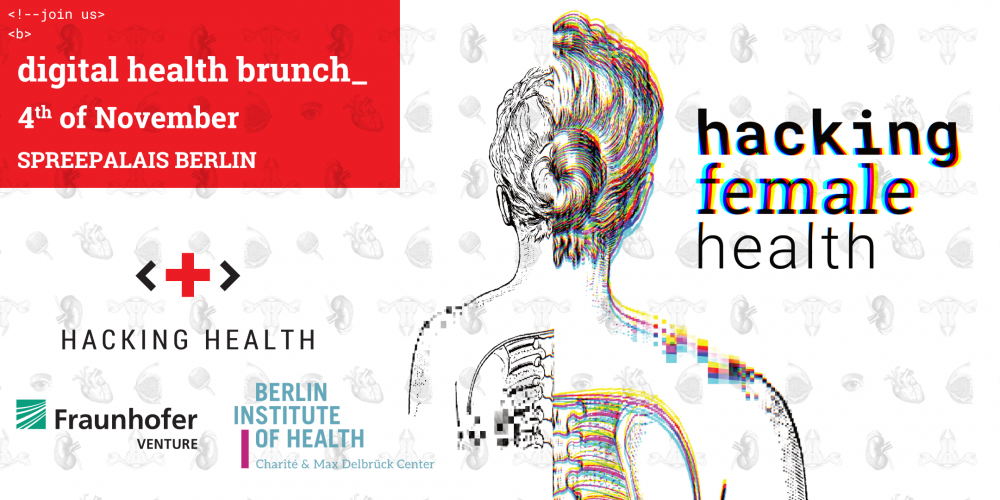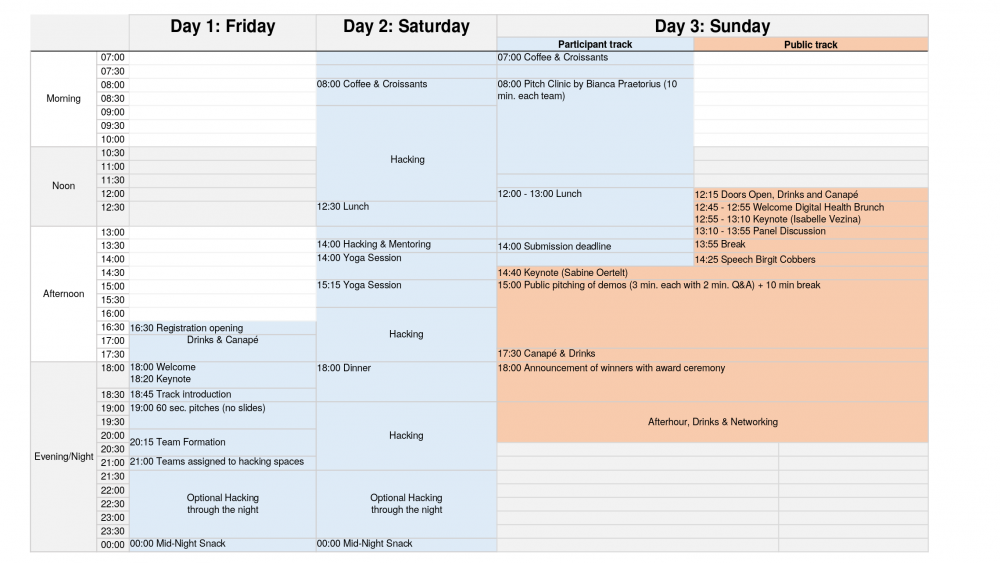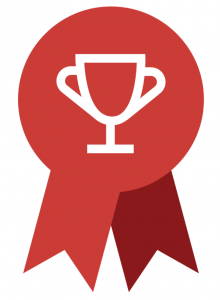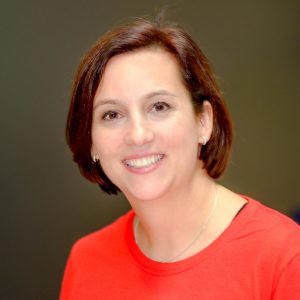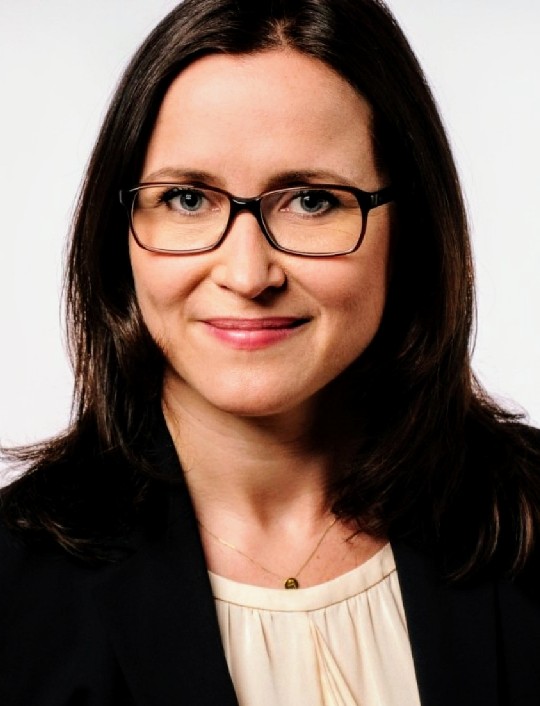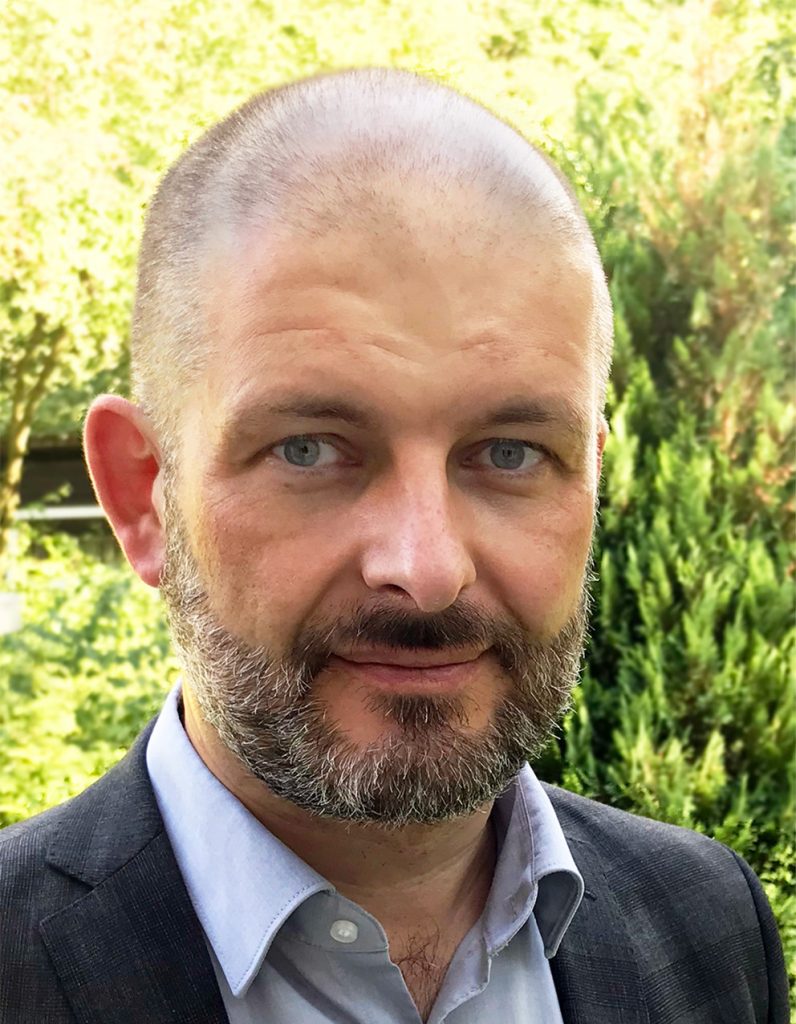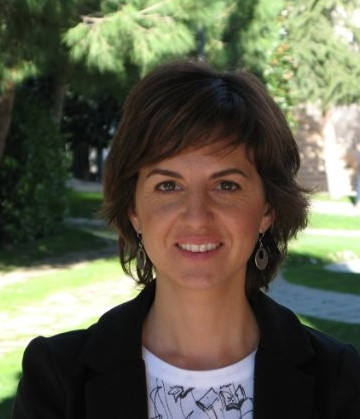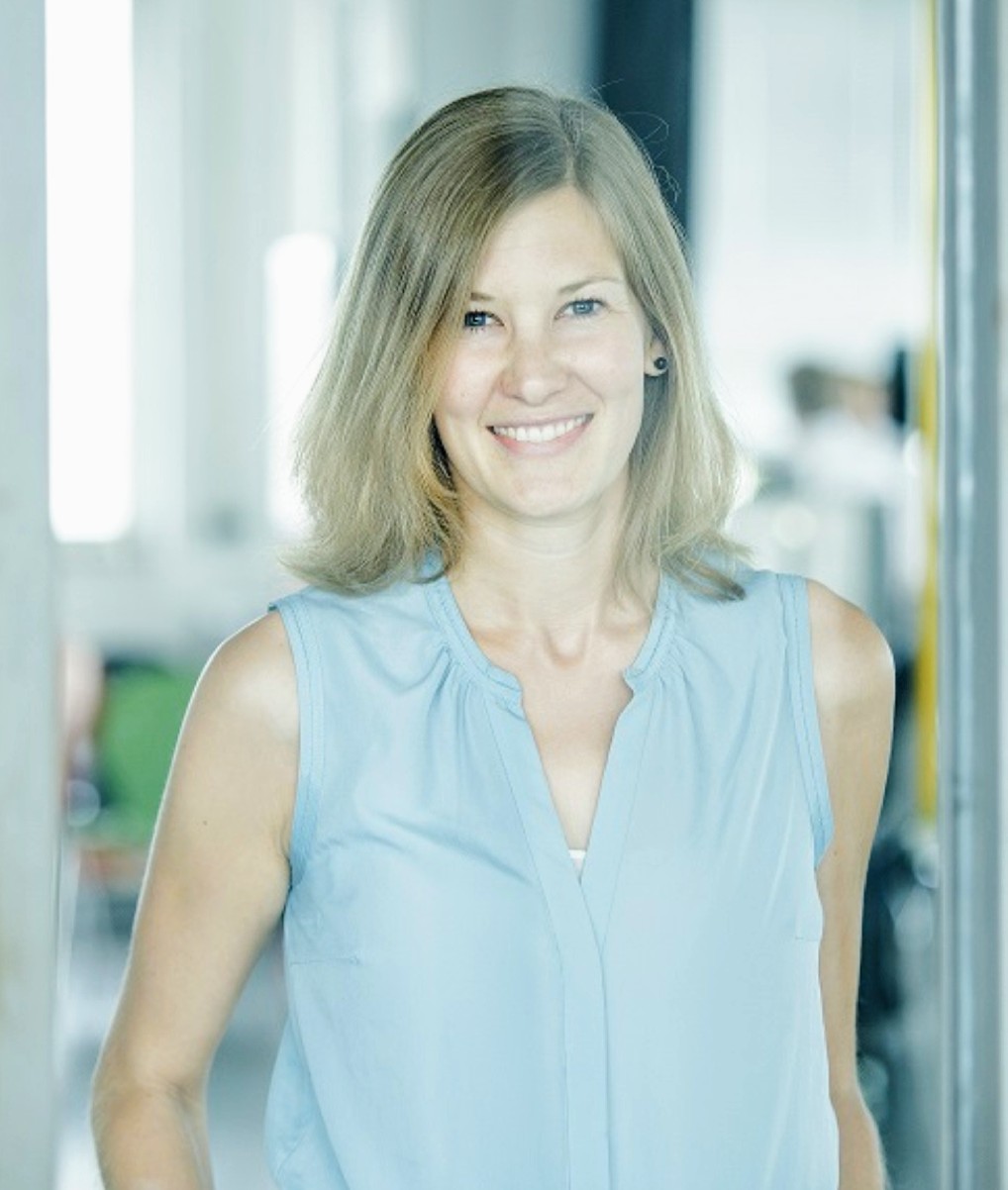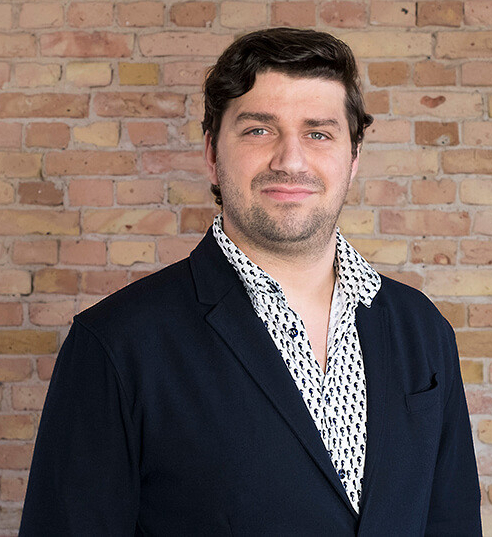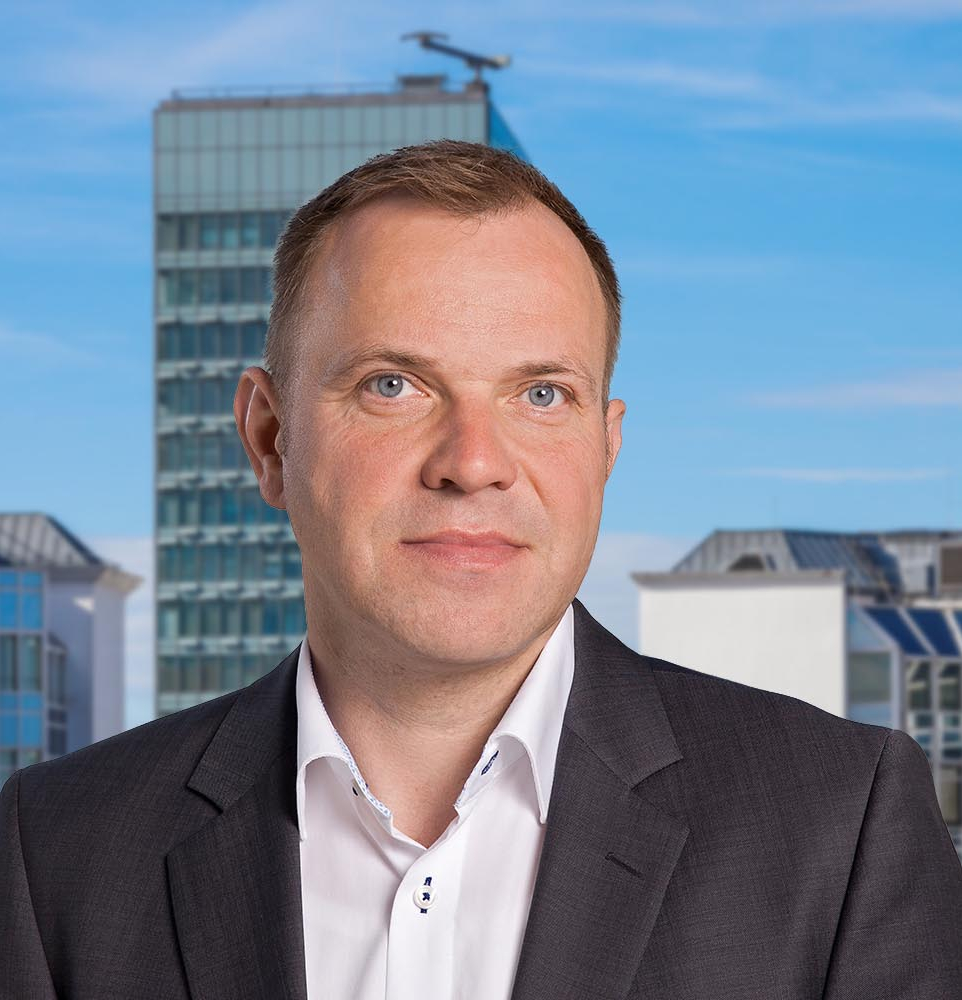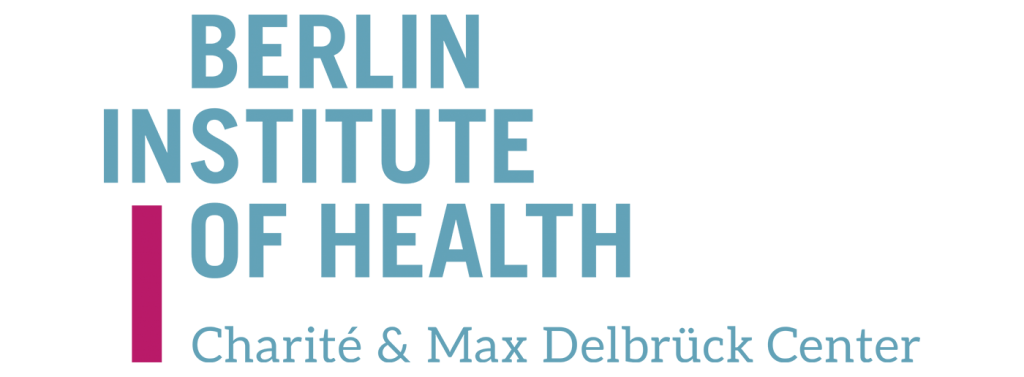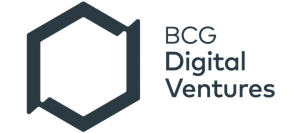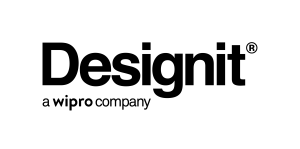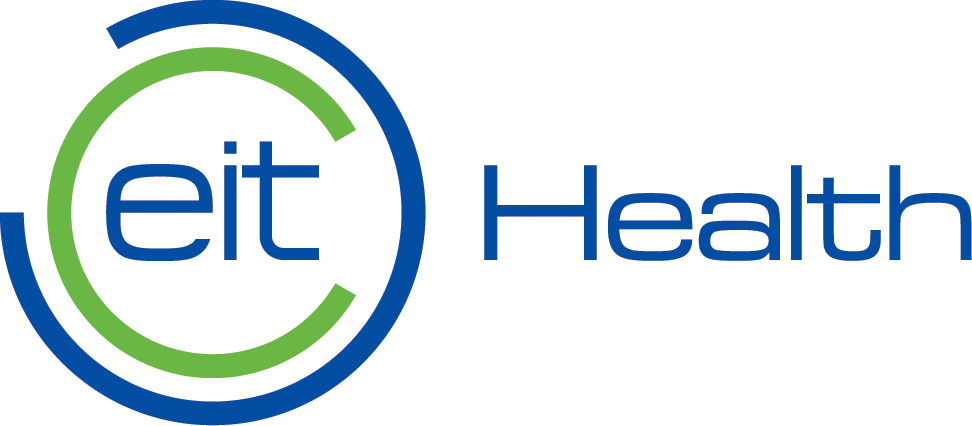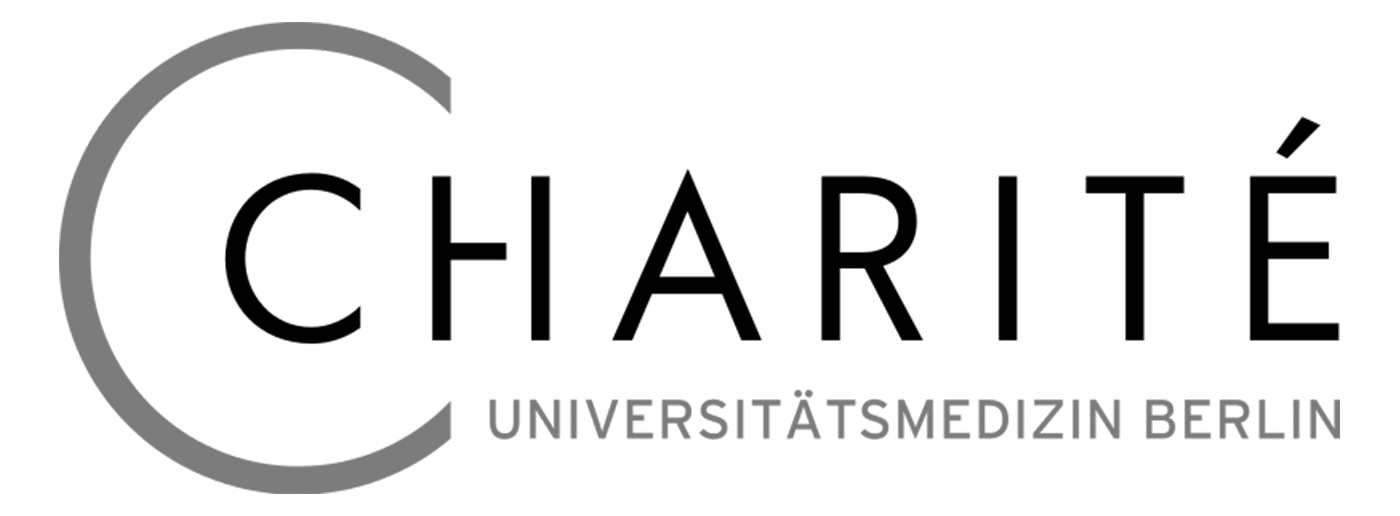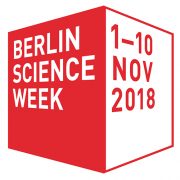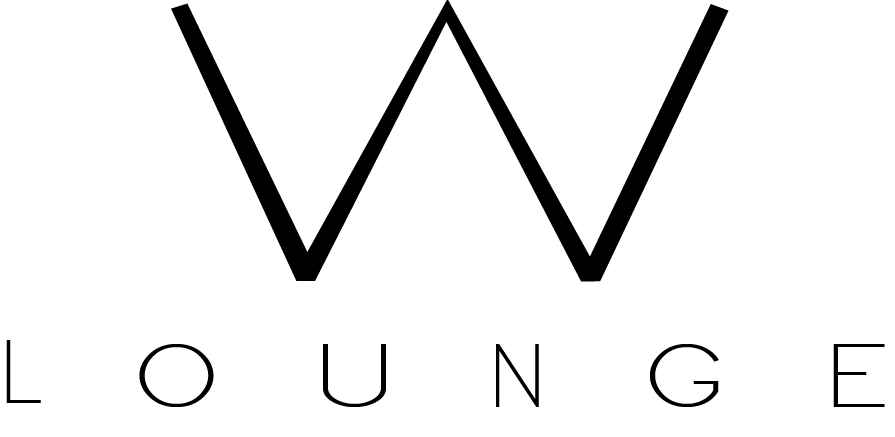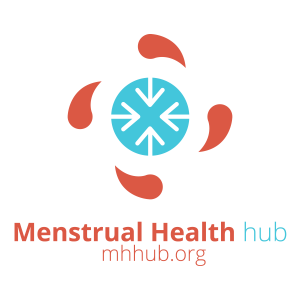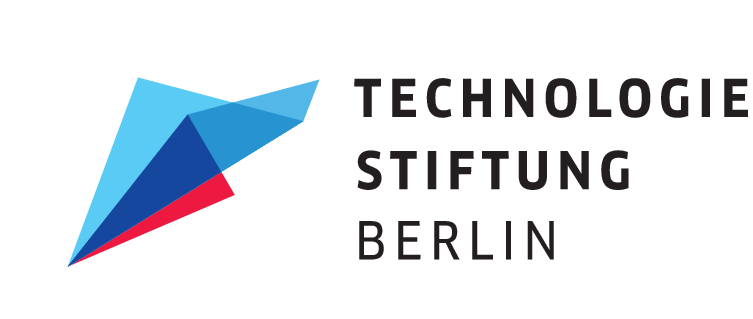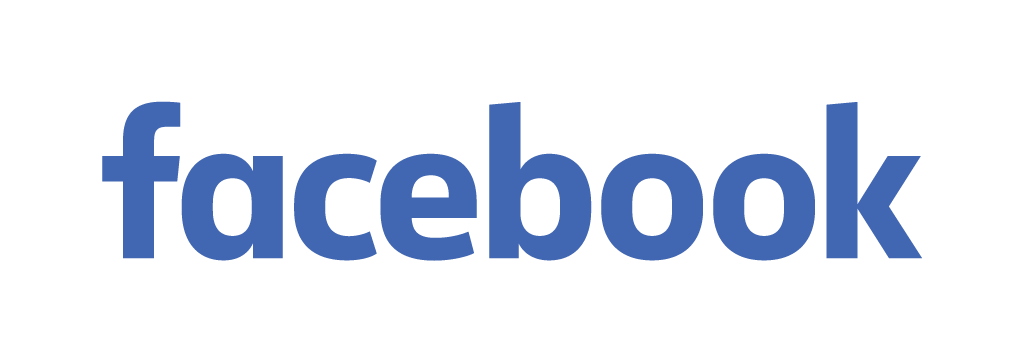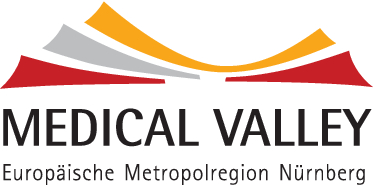
2. – 4. November 2018
Location: Anna-Louisa-Karsch-Straße 2, 10178, Berlin
80
days
80
hours
80
minutes
80
seconds
Thank You for a successful event
15 teams for 2 ½ days participated in the second Hackathon held at Liaison Office Berlin, Berlin. The interdisciplinary teams that formed during the opening ceremony on Friday discussed medical problems, coded, analyzed large amounts of data, designed and created hardware tools. As a result, solutions for endometriosis, mental health, breast cancer, geriatric medicine were created and presented at the final ceremony.
We are overwhelmed by the outstanding quality of the solutions created within such a short period of time by teams that were formed quickly at the hackathon
The Jury identified all of the solutions as relevant and supportable in terms of the judgment criteria yet identified three as outstanding.
We are proud to announce the winners of this year’s Hacking Health Hackathon Berlin:
1st Place:
PeriPower: Responsive Management of Urinary Incontinence
(Participants: Agapius, Bill, Erin, Martina, Doro, RachelCruickshank)
2500 €
2nd Place:
Mellowdie: A tracking tool of music habits to gain a better insight into coping mechanisms for mental distress.
(Participants: BroganG, davgru, Saracooper04, Jonas Behland, Beatriz Crespo, Claus Höfele, Paula Herrera)
1500 €
3rd Place:
U-Ball aka Juliet
(Participants: Gina.Gen, Romina Möllmann, paras, zib)
1000 €
Besides prize money the teams will receive further support and will participate in a mentoring program in order to further develop their ideas and products.
The Hacking Health team thanks all participants, the jury, partners and sponsors for participating and supporting us.
We are very much looking forward to seeing all of you next time!
Project Objectives
We invite healthcare professionals, scientists, patients, entrepreneurs, engineers, designers, developers, and others interested to team up for a weekend and propel innovation in healthcare.
Join us and work together with 120 interdisciplinary experts on different healthcare challenges and compete in the hackathon for prizes and a place in our mentoring program.
Our vision is to make Hacking Health the largest community for digital healthcare innovation worldwide and tackle the most entrenched problems in healthcare together.
Registration
Challenges
Create a tool or method/solution to monitor side effects of specific cancer
treatments in metastatic breast cancer (mBC)
What’s the current challenge or burden?
Breast cancer is one of the most common types of cancer worldwide and the
most frequent type in women: one out of eight women will be diagnosed with
breast cancer in their life.
Breast cancer is categorized in different stages. A patient’s stage at diagnosis
has a significant impact on the long-term prognosis and treatment choice.
Approximately one third of all breast cancer-patients will go on to develop
metastatic breast cancer (mBC). mBC indicates that the cancer has spread to
distant organs and is an incurable condition. The median overall survival of
patients is 2–4 years.
What’s the problem to solve?
In the absence of a cure, the goal of treatment is to extend life, delay
progression of the disease and help each person maintain the best quality of
life for as long as possible. The treatment involves a variety of chemo-,
hormone- and targeted receptor-specific therapy. Typical side effects include
fatigue and sleeping disorders, dysregulation of blood count (all types of) with
anaemia, nausea, diarrhoea, bleeding and infection of oral mucous membranes or painful
bones with fractures – to name a few.
What are the ongoing impacts of a missing solution?
In our modern health-care system smart solutions need to be invented to
enhance doctor-patient communication. Based on specific patient information,
important therapy decisions (dose, timing of next cycle, etc.) can be made.
Negative side effects of the treatment of the disease can have additional
negative effects on cancer development (e.g. disturbances in circadian rhythms
caused by sleeping problems). One possible solution could be to monitor the
number of the patient’s white blood cells in order to monitor the status and side
effects of these specific cancer treatments.
Can you find ways to enhance doctor-patients-communication during treatment
to monitor and enhance therapy in an easy and comfortable way?
Challenge Owner: Pfizer
Develop a solution to improve the prevention, monitoring, or diagnosis of infectious diseases targeting and related to the reproductive organs and the urinary tract, in areas with poor healthcare infrastructure
What is the current challenge or burden?
Infectious diseases targeting the reproductive organs and the urinary tract are currently rising worldwide. Many of them are under-diagnosed and if their symptoms and lesions remain unnoticed, they increase the vulnerability to catch other infections such as other STDs, HIV and Hepatitis. Although these conditions affect both genders, they can lead to further complications in women, such as cervical cancer in the case of Human Papilloma Virus and infertility from infections caused by Chlamydia. Despite the efforts to raise awareness about the importance of education, prevention and treatment of these infections, the current lack of knowledge and funding has translated into increased vertical transmission cases, as well as the generation of drug-resistant microbial strains.
What’s the problem to solve and why is its solution so important?
In highly stigmatizing societies or areas with poor healthcare infrastructure, women often have little to no access to proper diagnostics and healthcare professionals. This is aggravated by the fact that humanitarian projects often lack the means and methods to provide fast on-site help. In this challenge, we are looking for a tool to provide on-site or remote education, diagnostics and support to patients or healthcare professionals in absence of highly specialized doctors and/or laboratories.
What do current solutions look like?
Current solutions require patients to go to a doctor in order to get adequate diagnosis or information. Although some test kits are available, they have limited diagnostic capacities (HIV, Hepatitis, Syphilis) and can detect the condition only 2-3 months after infection took place.A good solution could be portable and/or able to connect patients and healthcare practitioners, as well as diagnostics experts despite natural or political borders.
In which domain/field are they found?
These solutions are currently available as diagnostics procedures in healthcare centers in high and medium income countries, where GPs can prescribe them upon request from the patients. There are only a few portable kits available that comprise all these diagnostics in on solution
Impact:
-
It is relevant to find a solution due to the increasing prevalence of these conditions and those associated to them, as well as the threat of rising of multi-drug resistant strains
-
The consequences of a missing solution are complications and increased transmission ratios. This results in patients without diagnosis and treatment, as well as higher costs for the healthcare system
-
Helping healthcare practitioners to diagnose these infections on-site shortens the time from infection to treatment, improves the lives of many afflicted patients and helps to reduce disease transmission
-
Solutions delivered by this challenge could be of great help to humanitarian initiatives, making their work easier and more efficient by facilitating the access to healthcare facilities and solving the barriers present in stigmatized and oppressing societal structure.
Develop a tech-based solution to address one or more of the following: 1) early and accurate diagnosis of endometriosis, 2) facilitate patient-doctor communication,
3) support patients in managing the disease and eventual co-morbidities, 4) raise disease awareness (e.g. digital storytelling of patient’s experience).
What is the current challenge or burden?
Endometriosis means having painful mini-wombs bleeding and scarring throughout the belly. Displaced womb cells behave like they normally would throughout the cycle: forming thick tissue that breaks down and bleeds. Since both tissue and blood are trapped within the body, they cause various symptoms such as excruciating pain (also during sexual intercourse), cysts and inflammation as well as fertility issues with all its subsequent damage.
What’s the problem to solve and why is its solution so important?
Endometriosis affects 1 in 10 women to various degree. It is the 2nd most common cause of infertility in European women with an average time of 10 years until diagnosed. Symptoms are often mistaken for other conditions such as Irritable Bowel Syndrome (IBS).
What are ongoing impacts/consequences of a missing solution?
There is lack of disease understanding and awareness: the affected women suffer in their daily life due to severe pain and other accompanying symptoms of endometriosis. Yet, these women aren’t taken seriously. Endometriosis is difficult to diagnose and in many cases the doctors have to rely on invasive techniques such as a small surgery called laparoscopy to confirm the disease.
Which benefits could a solution put forth?
There is no definitive cure for endometriosis. The earlier the disease is diagnosed the better it can be managed with hormonal therapies and surgeries. A possible solution could either support the diagnostic process, the patient in their daily life or enhance the patient-doctor communication. Raising disease awareness would also be of great value.
Challenge inspiration
Anna Zakrisson – Doctor Anna’s Imaginarium: annazakrisson.com
Throughout their lifecycle women are confronted with various critical life events (Pregnancy, Death, Trauma, and Illness etc.). Develop a tool or solution to support and improve the perception and treatment of their own mental wellbeing.
What is the current challenge or burden?
Nearly every woman is struggling with psychological issues within their life at least once. The reason and triggers for these problems are versatile and complex. In most of the cases they are linked, followed and caused by emotional changes. These emotions can overwhelm the patients in the way that they are not able to cluster, understand and manage them.
What’s the problem to solve and why is its solution so important?
In this challenge, we are looking for a smart solution to support the perception of the patient’s own emotional state as well as the treatment of psychological disorders and issues. Making the person aware of the importance and influence of her emotions on her current situation is the first and a crucial step to release stress, treat and prevent depression, anxiety and many other psychological issues.
What are ongoing impacts/consequences of a missing solution?
Un-precise collection of data through self-observation
Which benefits could a solution put forth?
Cost and time efficiency of the treatment / focus on self-treatment rather than relying on a therapist appointment / higher self-efficacy / longtime monitoring could lead to longterm solutions
Challenge inspiration
PD. Dr. Knut Schnell – Asklepios Klinik Göttingen; Priv. Dozent Universität Göttingen
Empowerment of ageing women and women suffering from incontinence through digital health
What’s the current challenge or burden?
Elderly women are challenged with a variety of diseases in their daily life. Postmenopausal hormone shifts trigger the risk to suffer from a whole series of impairments and loss of femininity. These include not only urinary incontinence, recurrent urinary bladder infections and pelvic floor instability with genital prolapse, but also cause a decline of sexuality and sex drive. They are often left alone with their impairments. There may be a sense of shame leading to reservation alluding their urogenital or sexual problems within their family.
Those diseases and impairments are not limited to elderly women. Incontinence for example can affect women in all ages after giving birth with severe impairments in their daily quality of life. Women have a wider pelvis and comparatively weaker pelvic floor muscles to men. In addition, pregnancies and childbirth place additional demands on the pelvic floor. In Germany, almost every fourth woman is incontinent, especially in the age group above 65 years.
What’s the problem to solve?
A modern healthcare system involves both, doctors and patients. We know that digital applications or innovative tech-solution has the potential to give individuals including elderly women an opportunity to participate actively in their own healthcare.
What are the ongoing impacts of a missing solution?
Especially elderly women are often left alone with their impairments. There may be a sense of shame leading to reservation mentioning their urogenital or sexual problems within their family.
Which benefits could a solution put forth?
In this challenge, we are looking for a digital or tech-solution that tackles either 1) one of the typical geriatric conditions or 2) female incontinence of women every age or 3) a combination of both.
Challenge Owner: B.Braun Melsungen AG
PRIZES
Monetary Prizes
6.000,- EUR cash prizes for the first 3 teams (1st prize: 2,5K, 2nd 1,5K, 3rd 1K)
Fraunhofer Incubator
5 selected teams will be invited to join the Fraunhofer Incubation Program and will have the opportunity to receive financial and mentoring support to further develop their idea and product worth each up to 200.000 EUR.
The teams will join the kick-off event for the Fraunhofer Incubation Program in the beginning of February 2019, travel expenses covered. During those days you will have the chance to add experienced entrepreneurs to your team, get to know first customers, understand what’s left to do to get to a strong business model and product and build out the roadmap for that journey.
This kick-off opens the door to a guided (1 – 2 years) program to transform your idea to an investment-ready startup. Prior to the kick-off you will have the chance to participate in an exclusive team coaching to build out the vision and mission of your team.
Wildcard HPI Startup Bootcamp
The Top 5 teams will receive an exclusive Wild Card to participate at the HPI Startup Bootcamp on the weekend of 16-18 November 2018.
During this three-day workshop you can continue working on your ideas from the Hacking Health Hackathon with a focus on the business aspects, i.e. the practical implementation of your initial idea, business model concepts, and monetization.
You will receive feedback and guidance from experienced founders and managers before pitching in front of a jury on Sunday. Find out more on the event page.
Patronage

Patron for the 2018 Hacking Female Health Hackathon is:
Dilek Kolat, Berlin Senator for Health, Nursing and Gender Equality
Keynote Speakers
Isabelle Vezina
Executive Director, Hacking Health Global
Isabelle Vézina is the Executive Director of Hacking Health. As a creative and strategic thinker with broad understanding of the dynamics of the healthcare market and its key stakeholders, she drives the growth of the not-for-profit global organization with relentless energy to challenge status quo, develop new partnerships and continuously improve performance. Isabelle is passionate about the intersection between health, technologies and ecosystems of innovation. She is an MBA graduate from HEC Montreal and an accomplished leader with over 20 years of commercialization experience in the pharmaceutical & health industries within companies such as Novartis, Pharmascience and LASIK MD.
Dr. Anna Zakrisson
Researcher and Patient Advocate
Anna Zakrisson (aka “Doctor Anna”) is a Ph. D. biologist and science communicator with degrees from Cambridge University and Max-Planck Institute, as well as several years of business experience as VP, Head of Content at ZAGENO.
The close collaboration with her partner, opera singer Joa Helgesson, has opened for new ways of communicating science through musical tales and contemporary performances. They successfully walk the borderland between academia, business, and the arts.
Doctor Anna’s Imaginarium is an online outreach platform with over 35,000 followers on social media and thousands of readers, viewers, and listeners, per month.
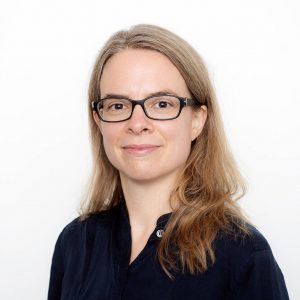
Prof. Dr. Sabine Oertelt-Prigione
Medical Doctor, Strategic Chair for Gender in Primary and Transmural Care, Radboud University
Sabine Oertelt-Prigione is the “Strategic Chair for Gender in Primary and Transmural Care” at Radboud University Medical Center in Nijmegen, the Netherlands. She is a specialized in internal medicine, public health and gender medicine and also trained as an organizational consultant. After experiences in basic and clinical research, her current focus is on the development of innovative design-based methods for gender-sensitive healthcare and on the systemic implementation of sex and gender aspects in medicine.
Sabine was a Senior Researcher at Charité Universitätsmedizin Berlin Institute of Legal Medicine and Forensic Sciences.
Her post doctoral studies in the Division of Rheumatology/Allergy/Clinical Immunology were at the University of California, Davis
Jury
Dr. Maria Margarete Karsten
Medical Doctor, Gynaecologist
Maria Karsten has started early in her career working on patient centered care by developing patient education tools for surgical patients. After getting her master´s degree in clinical social work she further developed those tools and implemented them during her time at Swedish Medical Center in Seattle and later at a large community hospital in Germany. She then went on to get a MD degree from Ludwig-Maximilians-Universität in Munich. After finishing her training as an OBGYN at Ludwig-Maximilians-Universität she became a surgical fellow in the department of breast surgery at Memorial Sloan Kettering Cancer Center in New York. Currently she is an attending at the breast cancer unit at Charité Hospital in Berlin where she implemented and leads the newly established patient reported outcome program for breast cancer patients. Maria is driven by the challenges women with breast cancer face. She is working on developing tools to understand and measure how treatment decisions will not only impact survival but also long term functioning and quality of life. She currently divides her time between her clinical work as a breast surgeon and her research work as a Fellow of the Berlin Institute of Health.
PD Dr. med. Knut Schnell
Medical Director Aklepios Fachklinikum Göttingen, Head of Research Group Translational Psychotherapy Research, Department of Psychiatry and Psychotherapy, Universitätsmedizin Göttingen
Knut Schnell’s general approach to medical hackathons is based on his current work as the scientific coordinator of a consortium in the development of an interactive connected wearable as a support for psychotherapy in (www.mitassist.de). His research on psychotherapy and mental disorders explores the functional basis of mentalization and emotion regulation with functional imaging and behavorial methods.
The contribution to the hackathons topic female health will be based on his experience in the field of psychotherapy. He headed a clincal unit for mother-and-child treatment of postnatal mental disorders in his previous position as the deputy director of the department of general psychiatry at the Heidelberg university medical center. As a certified supervisor in psychodynamic psychotherapy and CBASP, a dedicated method of treatment for chronic depression, his current clinical work focuses on treatment of depression induced by the interaction of stressfull life events and early trauma. Accordingly, one approach of the hackathon will be to identify typical life events demanding resilience in order to facilitate female mental health.
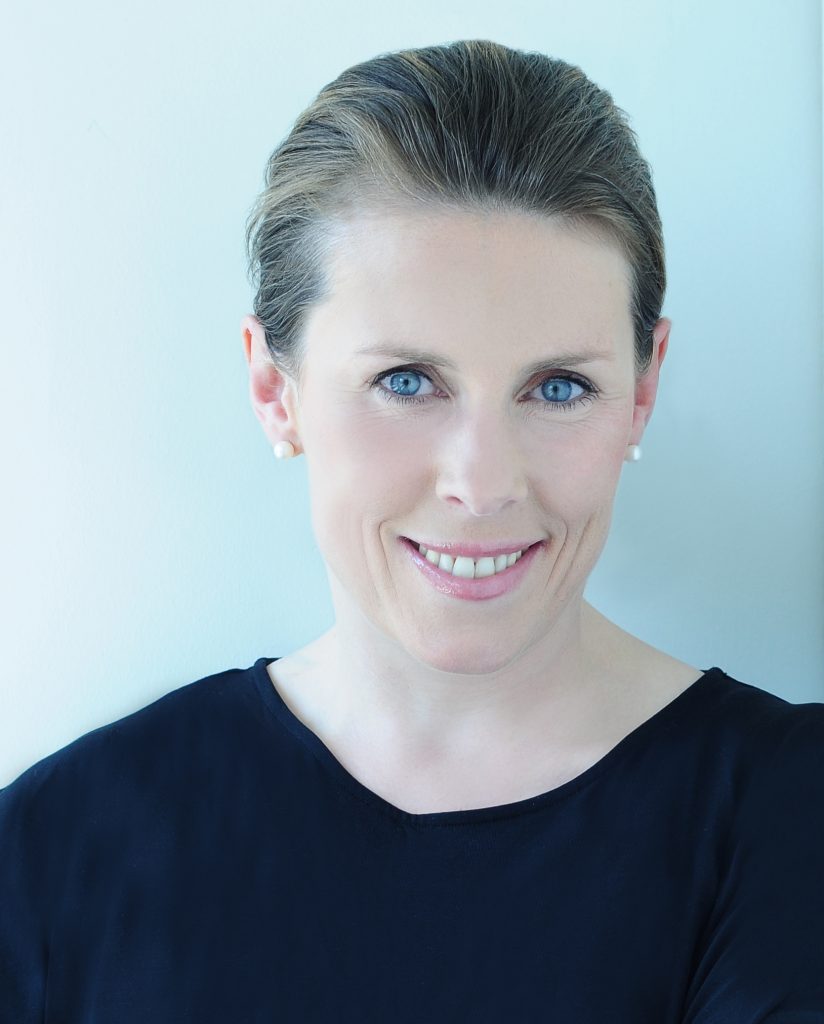
PD Dr. Maike Henningsen
Medical Doctor, Gynaecologist
PD Dr. med. Maike Henningsen is a medical doctor, who specialized in OBGYN, oncology, endocrinology and reproductive medicine. She attended a post doc pogram at UCLA, Los Angeles in personalized medicine and was awarded her PhD in this field.Maike has worked in both the hospital setting and private practices nationally and internationally for several years. In summer 2016 she was accepted in the Global Solution Program at Singularity University and immediately following this program she started her masters in Innovative Management and Entrepreneurship to get a better understanding of the start up business.She has been exploring the world of digital health and future medicine for a couple of years now and she is fascinated by the endless possibilities this field is offering.In 2016, Maike won a Fraunhofer start up competition and she is currently developing her own medical prototype as a part of a small but great team, providing a potentially new treatment solution in womens health, called Lonicare.com.She is delighted to share the deep knowledge that she gained in the medical field as medical advisor and mentor with start ups as well as other players in this field. Additionally, Maike can share her international network and the experience developing a medical product.
Dr. Christian Becker
Medical Doctor, Lead Venture Architect
Christian Becker is a M.D. Internist who bridges the digital and analog medical world. As a Lead Venture Architect at BCG Digital Ventures, he helps innovating and incubating health ventures on behalf of corporate partners and ensure their successful market launch.
He spent half of his career within strategy consulting focusing on healthcare industries with a special interest on digital business. The other half of his professional life he dedicated to practicing medicine in inpatient academic (University Hospitals in Heidelberg and Munich), inpatient non-academic and outpatient settings. Besides, Christian co-founded the Fair Observer, a non-profit crowd-sourced multimedia journal.
Christian considers a woman-specific health approach across all medical disciplines (far beyond OB/GYN) as crucial and therefore emphasizes Female Health as one of his major digital focus areas.
Federica Righi
Research Collaborator, IESE Business School
Federica Righi’s main field of interest is the management of innovation in public or private organizations. She currently works as research collaborator at IESE Business School, managing several education projects to foster innovation and business creation in the health sector. Federica is also the coordinator of the WE Health project, a strategic initiative of EIT Health aiming at empowering female leadership and entrepreneurship in health innovation.
She has previous experience in international development cooperation and community building. She has worked for non-profit organizations, public administration offices and international organizations such as the World Health Organization, both in Europe and Africa.
Federica holds an executive MBA (EOI, Spain), a Master of Arts in Human Rights (Sant’Anna School of Advanced Studies, Pisa-Italy) and a Master degree in Political Science (LUISS International University of Social Sciences, Rome-Italy).
Dr. Julia Bauer
High Tech Venture Development
Julia Bauer is responsible for high-tech venture development at Fraunhofer Venture. She is passionate about the intersection of tech and entrepreneurship. Actually, supporting Fraunhofer researchers in aligning tech and market development at early innovation phases in order to make impact for society. Julia obtained her PhD from WU Wien. At the Institute for Entrepreneurship and Innovation, her main focus was in open and user innovation consulting partners like CERN, ESA or Deutsche Telekom. Personal steps previously to her activities at Fraunhofer Venture have been in IBM Austria and CEE as well as in start-ups.
She conducted the Superconductor Hackathon at CERN, where scientists, industry and business students developed outstanding ideas for a specific CERN technology. Furthermore, she led 50+ ideation workshops at Fraunhofer Venture.
She thinks that there could be much more female specific solutions to a lot of problems that are not well addressed right now.
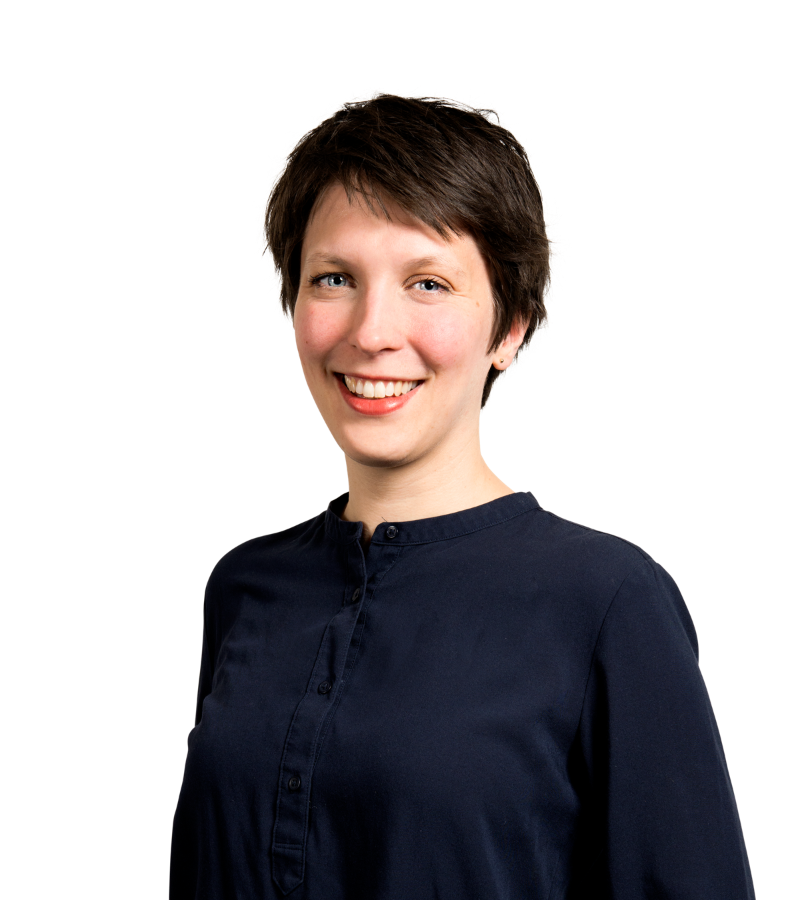
Anette Ströh
Dipl.-Product Designer, MA Medical Design
Anette Ströh is a user-centered Product and Service Designer with a strong passion for the healthcare industry. With her master’s degree in medical design she is shaping the healthcare system in a way that positively impacts all stakeholders – from service ecosystems around pharma products to better designed laboratory devices.
Anette has worked as a consultant in a strategy consultancy and as a designer and brand strategist for various design studios. She has helped building up the Participatory Health team at the service design studio IXDS. Anette now leads together with a colleague as the Design Lead the Service Design and Research Team of the DACH region at the global, strategic design firm Designit.
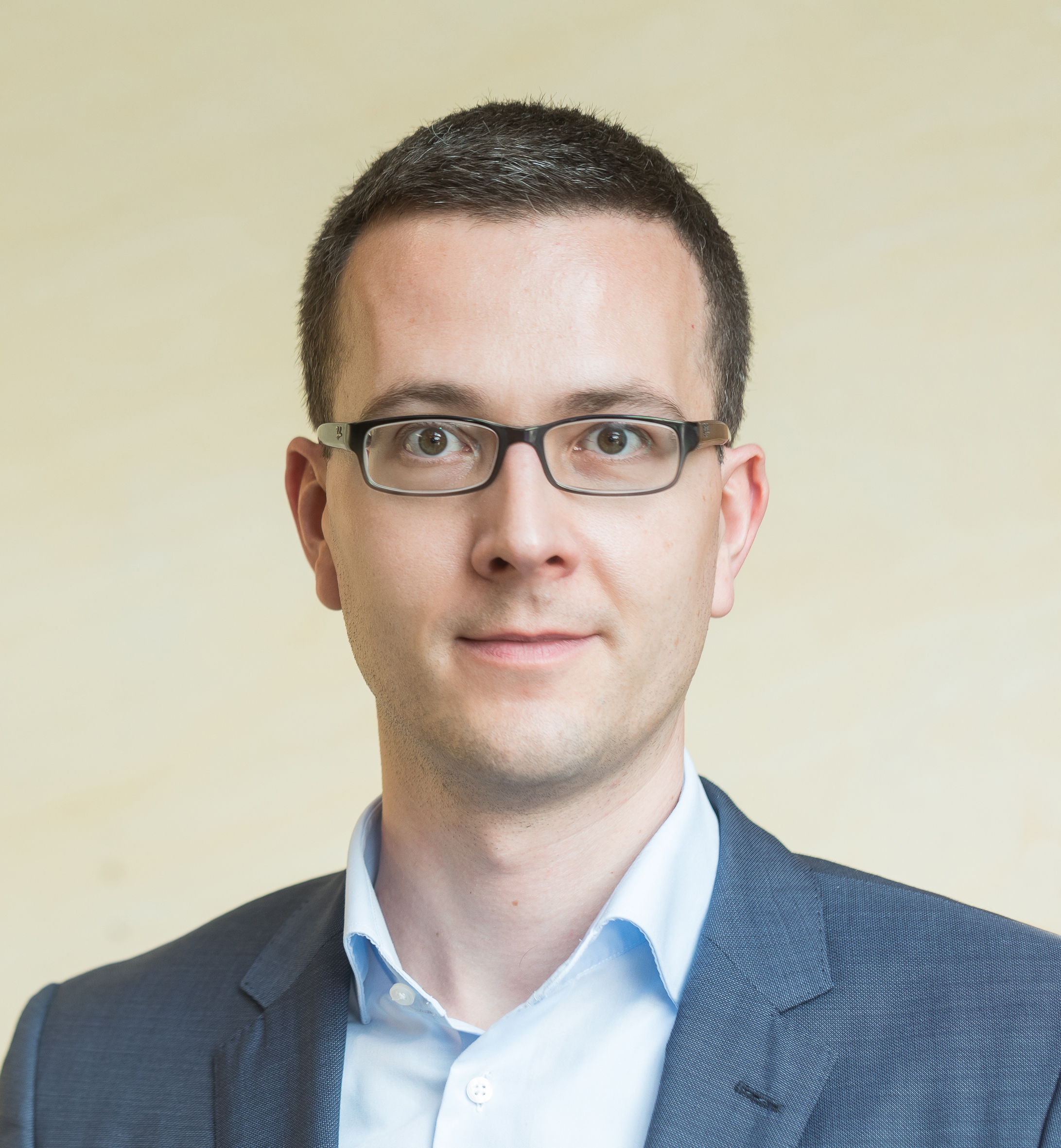
Tim Huse
Berlin Institute of Health
Tim Huse is Head of Life Science Incubator and Digital Health Accelerator at Berlin Institute of Health (BIH), a biomedical research institute with founding partners Charité – Universitätsmedizin Berlin and Max-Delbrück-Center for Molecular Medicine. He is conceptualizing, implementing and scaling up innovation structures and programs to drive the translation of research results into medical practice. Prior to BIH, Tim spent nearly a decade in strategy and innovation consulting, predominantly with Innosight, the strategy and innovation consulting firm of Harvard Business School Professor Clayton Christensen (disruptive innovation theory). He devised growth strategies, set-up innovation units, and developed and helped launch new-growth business for a number of Global Fortune 100 companies with a focus on life sciences and healthcare. He holds a degree in Business Administration.
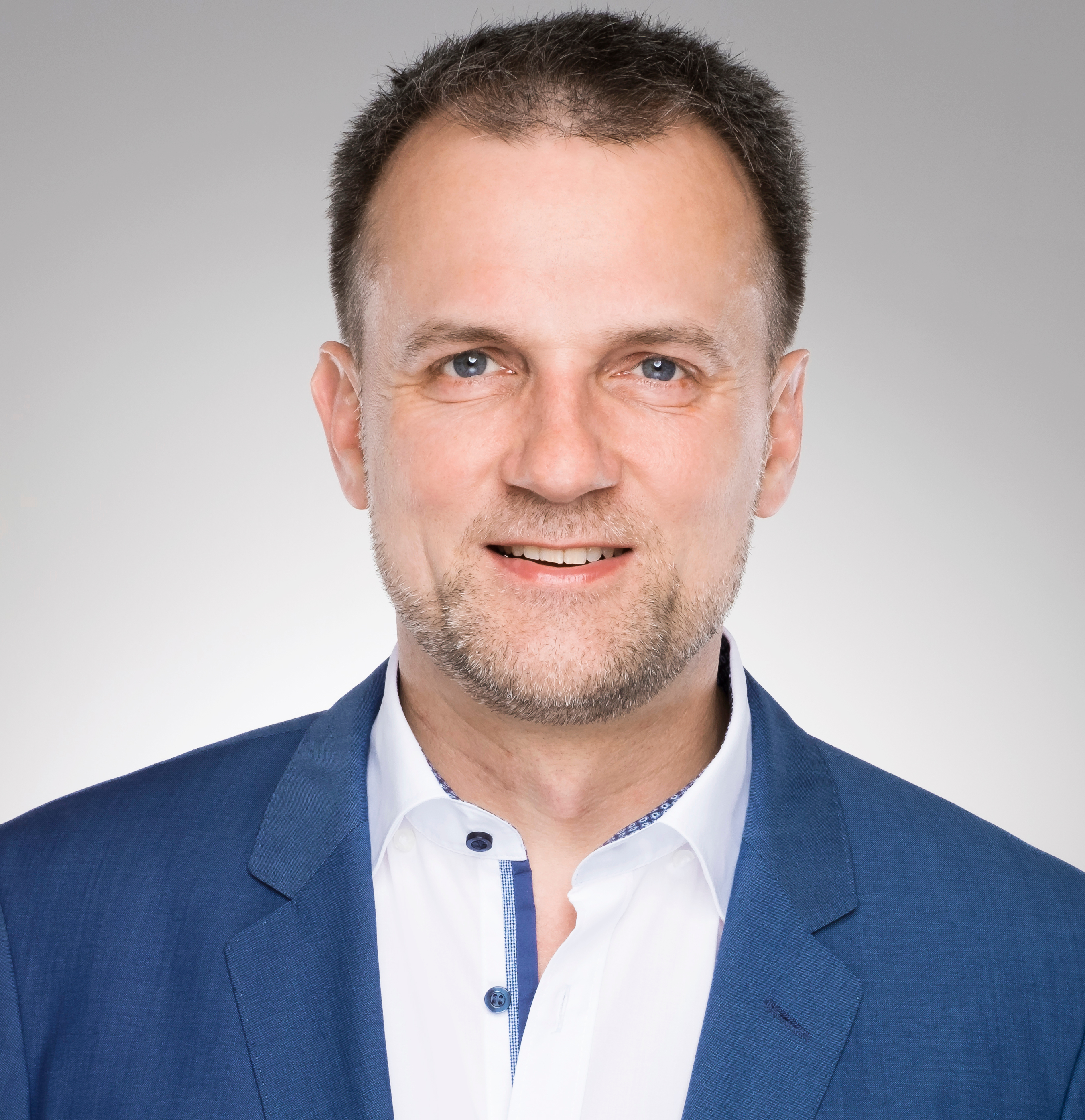
Ralph Richter
Head of Big Data & IoT Practice – SAP Digital Business Services EMEA North
Ralph is diving innovation and sales in the area of IoT, Big Data and Analytics across different industries for EMEA North (FR, UK&I Nordics, BeNeLux). He supports customers on their journey towards becoming a digital business. With his background in Healthcare and Lice Science he acts as a thought leader for digital health and innovation in this industry. People in his team are front runner to implement SAP’s latest products like Digital Boardroom, IoT Platform and solutions out of SAP’s Health Portfolio. Currently his team is driving a project using SAP Health Engagement Platform to support an international clinical research study conducted by a world leading life science organization. Before Ralph joined SAP in 2002, he was working as a nurse and controller in a University Hospital. He has a degree in Business Administration for Hospital & Social Management.
Johannes Schröder
Johannes Schröder is a founding team member at Ada Health. In his role as Chief Technology Officer, Johannes has been driving the development of Ada’s AI powered personal health guide, that helps people understand their health and navigate to appropriate care. With offices in the UK, Germany and the USA, Ada’s free symptom assessment app is used by millions of people across the globe, with a new Ada assessment completed every 4 seconds. Johannes is passionate about defining and building new solutions for the healthcare sector that deliver real value to people all over the world. Prior to Ada, Johannes has worked various IT companies and academic institutions as a software architect, engineer and consultant, especially in the fields of language technology. Johannes has studied and later also worked and taught computational linguistics at the University of Potsdam.
Thomas Doppelberger
Thomas Doppelberger is the director of Fraunhofer Venture. Since the year 2000, he has been with Fraunhofer Venture and developed and established the spin-off and investment program of the Fraunhofer-Gesellschaft. His particular focus is on the continuous extension of the development process for spin-off projects/ideas and the intensive support for spin-offs and the investment portfolio.
Schedule
FRIDAY
16:30 Registration Opens
18:00 Opening ceremony
21:00 Hacking starts
SUNDAY
00:00 Midnight Snack
07:00 Breakfast
08:00 Pitch Clinic opens by Bianca Praetorius
12:30 Lunch
13:30 Submission Deadline
14:30 Final Presentations
18:30 After Hour Drinks
Venue
FAQ
We partnered up with Fraunhofer Venture and the Charité to organize this year’s hackathon on the to solve existing challenges in the field of female healthcare. The Hackathon is challenge-based – the participants work on a concrete task and real challenges of female health problems.
A hackathon is best described as an “invention marathon”. Anyone who has an interest in technology attends a hackathon to learn, build and share their creations over the course of a weekend in a relaxed and welcoming atmosphere. You don’t have to be a programmer and you certainly don’t have to be majoring in Computer Science. In fact, we are especially looking to build interdisciplinary teams.
The aim of the Female Health Hackathon is to create new, interdisciplinary solutions to female health problems and develop business opportunities for future medical treatment. Experienced mentors support the teams in their search for concrete solutions. At the end of the Female Health Hackathon, the developed prototypes will be presented to a renowned jury of experts. The best ideas and concepts are awarded prizes and receive access to our acceleration program to further develop the idea.
Anyone! We actively encourage people from all fields to apply, however, only selected hackers will be chosen to participate.
On the final day, there will be an opportunity for the public to watch the final pitch presentations and get involved. Free admission tickets will be released via Eventbrite closer to the time.
Everybody is welcome to register who feels the need to transform female health. You don’t have to have a background in medicine.
Patients, physicians, psychologists, nurses, technologists, researchers, designers, entrepreneurs, business leaders, scientists and students – just to name a few.
You can come as a team or you can search on the platform for team members for your idea. Here you can apply for the Female Health Hackathon.
Absolutely! It’s entirely irrelevant what your experience is going into a hackathon, it’s more about your interest in technology and healthcare.
Successful applicants have access to a platform on which they receive detailed information about the Fraunhofer technologies and can contact the researchers and mentors. In addition, participants can find suitable team members via the platform. Another option is that you join with an already established team.
Absolutely! We have substantial financial support and mentoring and the opportunity to be part of an accelerator program for the winning teams.
The Female Health Hackathon takes place from 2nd – 4th of November 2018
(Friday-Sunday) at the Spreepalais in Berlin and is part of the Berlin Science Week.
The Hackathon starts on Friday evening at 4:30 pm with keynote speeches. Afterwards the participants will work on their projects until Sunday afternoon.
The event ends with a panel discussion on “Innovation in Women’s Health” and the subsequent pitches of the teams as well as the ceremony of the winners. The event will be rounded up with a delicious networking dinner.
For those not directly involved in the hackathon, tickets to reserve a place at this free event on Sunday afternoon will be available closer to the time.
There will also be experts available during the hackathon for a pitch clinic as well as special guests invited to give insightful aid on how to deliver proposals to the jury.
In addition we will have free food and plenty of swag to hand out along the way!
Preliminary project pitches on Friday will be of maximum 60 seconds, no slides.
On Sunday, the final presentations including your teams demonstration and slides will be a maximum of 3 minutes with a 2 minutes Q&A.
We provide pitch coaching prior to the final presentations on Sunday.
Everything participants submit, invent or build is their own creation and nobody will have the right to copy or steal the ideas. See our registration policy page for more information.
Glad you asked! We provide the opportunity to work with passionate experts to solve global challenges in digital healthcare. Intensive cross-disciplinary collaborations like this hackathon are perfect for finding innovative solutions that really work for professionals, and more importantly, patients. In combining current digital technologies and fostering health innovation.
There will also be a mentoring program for winning teams after the event, as well as financial support for pitches chosen by the jury in order to guide the projects to their full potential.
There is strength in the minds that make up this hackathon community and we hope to stay connected until the next event to foster this amazing network!
Questionnaires received through our application process will be reviewed by our team and participants will be notified of the outcome of their application within a week.
Participation in the Female Health Hackathon is free of charge. Included are non-alcoholic drinks and catering during the event. Transportation to Berlin as well as if necessary an accommodation must organize everyone by itself.
Yes. In this list you will find the hardware that will be provided. Additionally, you will have access to technologies from Fraunhofer. You will receive more information as soon as you got accepted to the Hackathon. If you will need any additional hardware, please approach us as soon as possible before the hackathon.
Of course! We have loads of delicious goodies lined up for you, free and 24 hours a day. Fear not, it’s vegetarian too.
Yes there will be a designated snooze area provided, please bring your own bedding.
Unfortunately not for the event itself, however the innovation pitches on Sunday will be live broadcast. Follow our Facebook and Twitter to access the video link on Sunday the 3rd of December 2017.
No sorry. Your enthusiasm is admirable indeed, but we want to keep this as fair as possible for all participants- this means allowing every team the same amount of time to work.
Your ideas and a laptop!
Also, please don’t forget your ID. You need to have it to enter the buildings!
We will also have sleeping areas so feel free to bring bedding too for a bit of shut-eye during the event.
Still have questions? Send us a tweet, email (info@hackingfemalehealth.de) or facebook message and we’ll get back to you as soon as we can.
Yes, we have! This event is following the Berlin Code of Conduct
If you have any further questions, please contact: info@hackingfemalehealth.de

